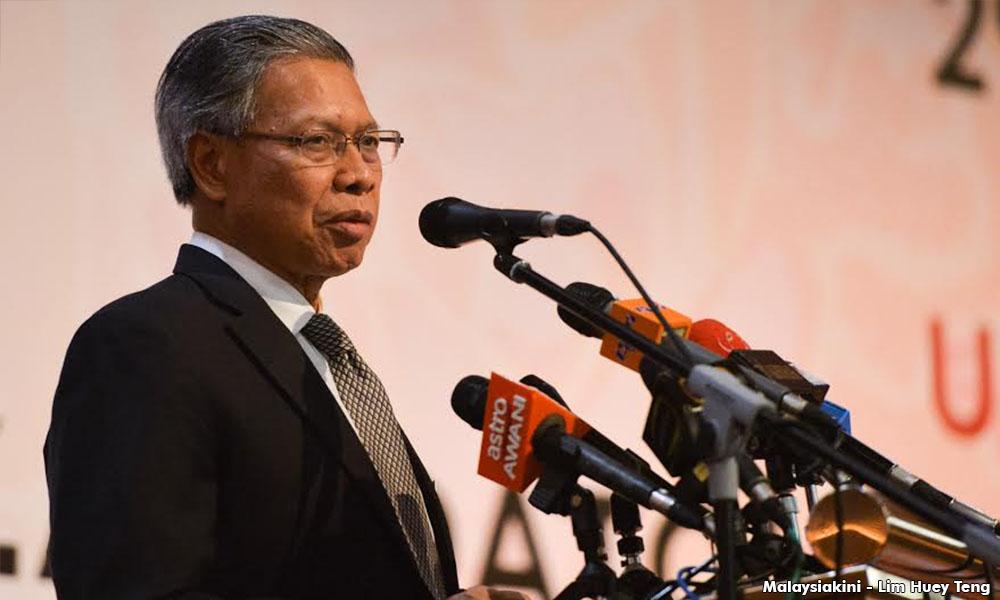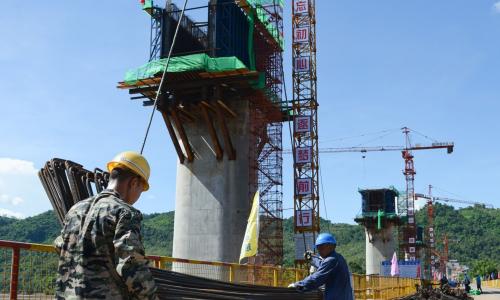BRI: Engagement needed to ensure development is affordable
Active engagement with participating countries of China’s Belt and Road Initiative (BRI) is needed to ensure the infrastructure being developed is in line with the affordability of the respective countries.
Former international trade and industry minister Mustapa Mohamed said mega-infrastructure undertakings like BRI are not without risks, as in recent years there have been some concerns expressed on debt sustainability.
Mustapa said this, in turn, would also have implications on economic growth and sovereignty.
“Some of these concerns are being addressed in Malaysia and going forward, it is important to ensure that infrastructure development, investments and trade are mutually beneficial.
“These concerns and challenges notwithstanding, the BRI, if executed correctly, will help link remote Asia with the wider global supply chain,” he said in his keynote address at the New Inclusive Asia Dialogue, organised by think tank Centre For New Inclusive Asia (CNIA) today.
The two-day dialogue, attended by scholars, government officials and corporate leaders from 11 countries, is aimed at sharing insights on connectivity for inclusive growth in Asia.
Mooted by Chinese President Xi Jinping, BRI aims to revive the ancient Silk Road trade route linking Asia and other parts of the world through roads, rail, airports, pipelines and other means.

Meanwhile, Mustapa (photo), who is also CNIA’s chairperson of international advisers, said Asia had remained a continent with socio-economic and cultural divides, and to overcome these, it is important to promote integration in the region.
He said connectivity in terms of physical, digital, and people to people connectivity, is needed to facilitate the integration.
“Aside from being catalysts for economic growth, physical infrastructures, such as highways, railways, airports and seaports, are also conduits for regional integration,” he added.
Mustapa also pointed to how digital technology driven by Chinese high-tech giants such as Huawei, ZTE, and Alibaba, is generating a new wave of synergy in drawing regional economies together.
Huawei's leadership in rolling out 5G technology, for instance, will not only connect machines and devices but also people, with the potential to revolutionalise lives, he said.
Alibaba's smart city system, for example, is already undergoing a trial run at Hangzhou, and possibly in Kuala Lumpur, where it is expected to improve urban living through artificial intelligence-driven traffic and transportation control and management.
Mustapa concluded his speech by expressing hope that China and other major powers would play a constructive role in promoting truly inclusive development, and one that brings about sustained peace and stability.
- Bernama
RM12.50 / month
- Unlimited access to award-winning journalism
- Comment and share your opinions on all our articles
- Gift interesting stories to your friends
- Tax deductable

